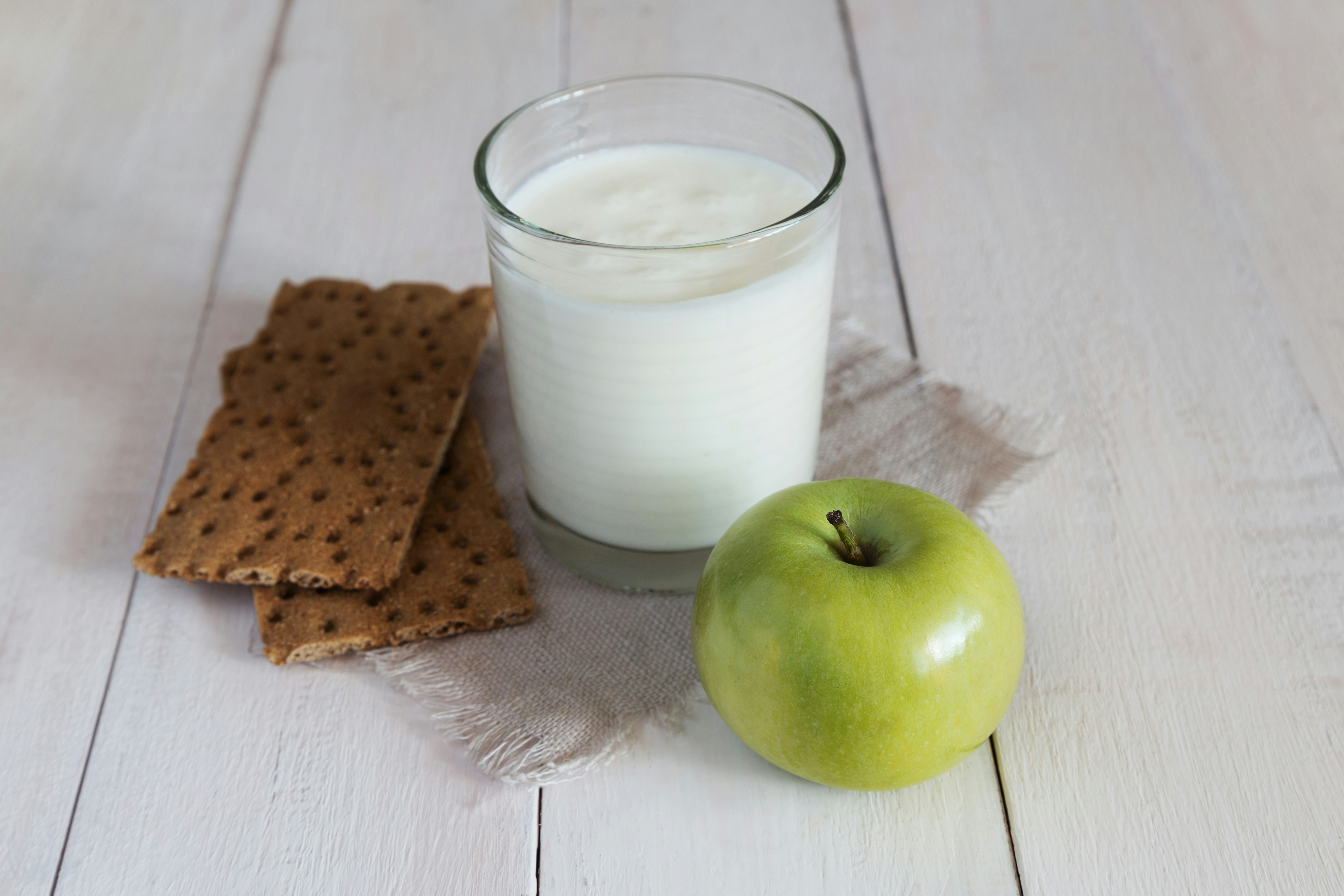Media release
From:
Health: Non-fermented milk associated with increased heart disease risk
Drinking non-fermented milk may increase the risk of heart disease in women, according to research published in BMC Medicine. The study, which investigated the association between milk intake and the risk of ischemic heart disease (IHD) and acute myocardial infarction (MI), suggests that replacing non-fermented milk with fermented milk could potentially lower women’s risks of these conditions.
IHD is globally one of the leading contributors to adult mortality, and there is uncertainty about the effects of milk products on the risk of IHD. Fermented milk, found in foods such as yoghurt and kefir, is fermented by lactic acid bacteria; both fermented and non-fermented milk are widely consumed, particularly in Scandinavian countries. The British Dietetic Association recommends three portions of dairy per day, which equates to three 200 millilitre glasses of semi-skimmed milk, 90 grammes of cheddar cheese, or 450 grammes of low-fat yoghurt.
Karl Michaëlsson and colleagues conducted two Swedish prospective cohort studies involving 59,998 women with an average age of 54 and 40,777 men with an average age of 60 who did not have IHD or cancer. 17,896 cases of IHD, including 10,714 cases of MI, were documented during 33 years of follow-up running from 1987 to 2021. Participants were controlled for factors such as alcohol intake, smoking status, and other health conditions such as diabetes, and reported how many servings of fermented and non-fermented milk they consumed on a daily basis. In women, intake of more than 300 millilitres per day of non-fermented milk was associated with a greater risk of IHD, with a 5% increased risk at 400 millilitres, a 12% increased risk at 600 millilitres, and a 21% increased risk at 800 millilitres. A similar relationship in women was seen for the risk of acute MI. No higher risk of IHD with increased non-fermented milk intake was observed in men. Substituting a 200 millilitre daily intake of non-fermented milk with fermented milk suggested there was a 5% decreased risk of IHD and a 4% decreased risk of MI in women.
The authors suggest that high amounts of non-fermented milk intake could affect levels of angiotensin-converting enzyme 2 (ACE2) and fibroblast growth factor 21 (FGF21) – two cardiometabolic proteins that regulate blood pressure and flow. However, they caution that the participants were predominantly Scandinavian which could limit the generalisability of the study’s findings to other populations and, as an observational study, it could not directly establish a causal relationship between women’s non-fermented milk intake and IHD.




 International
International



